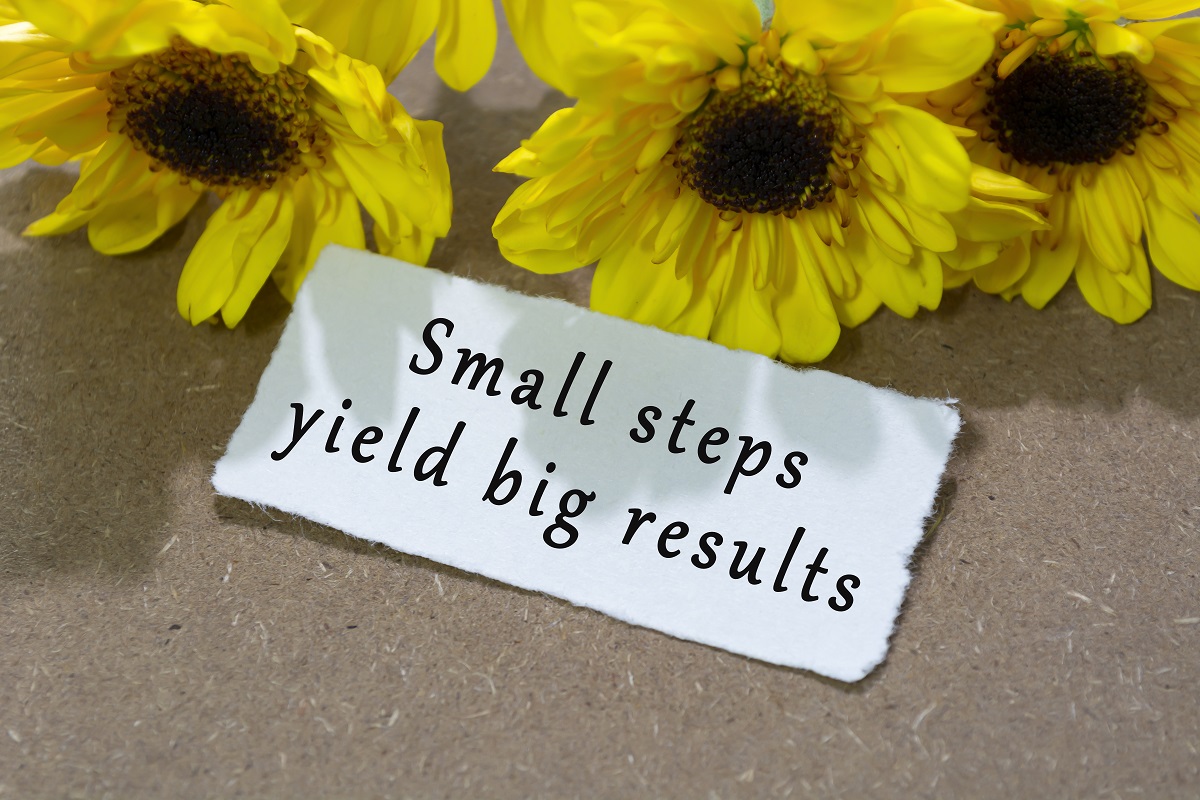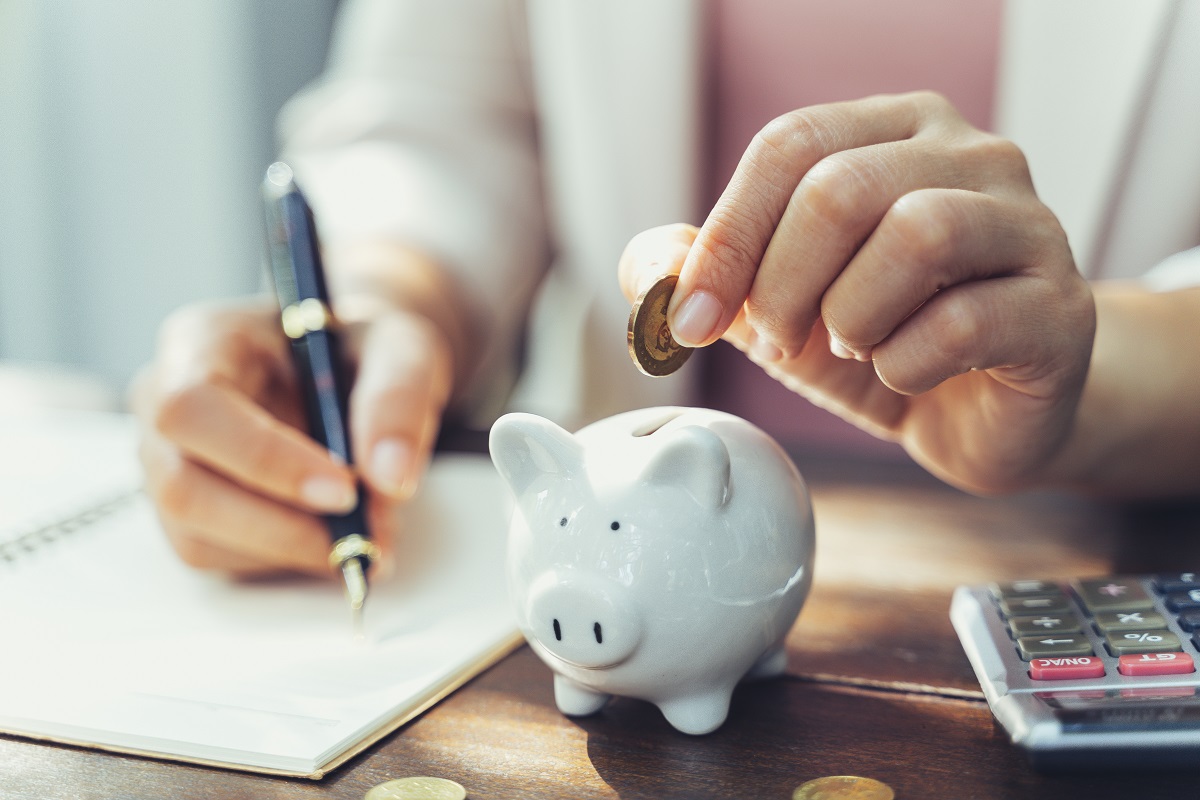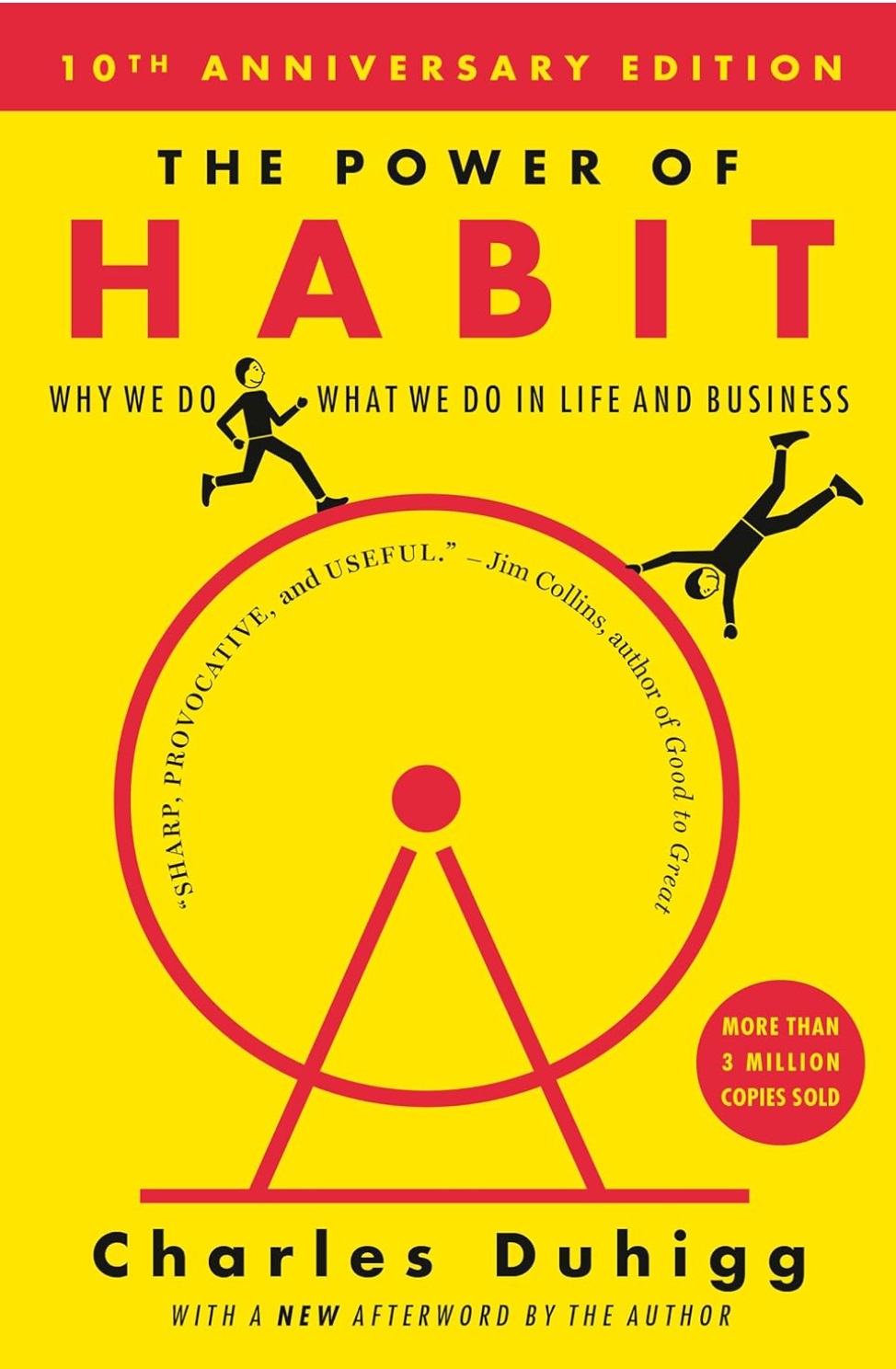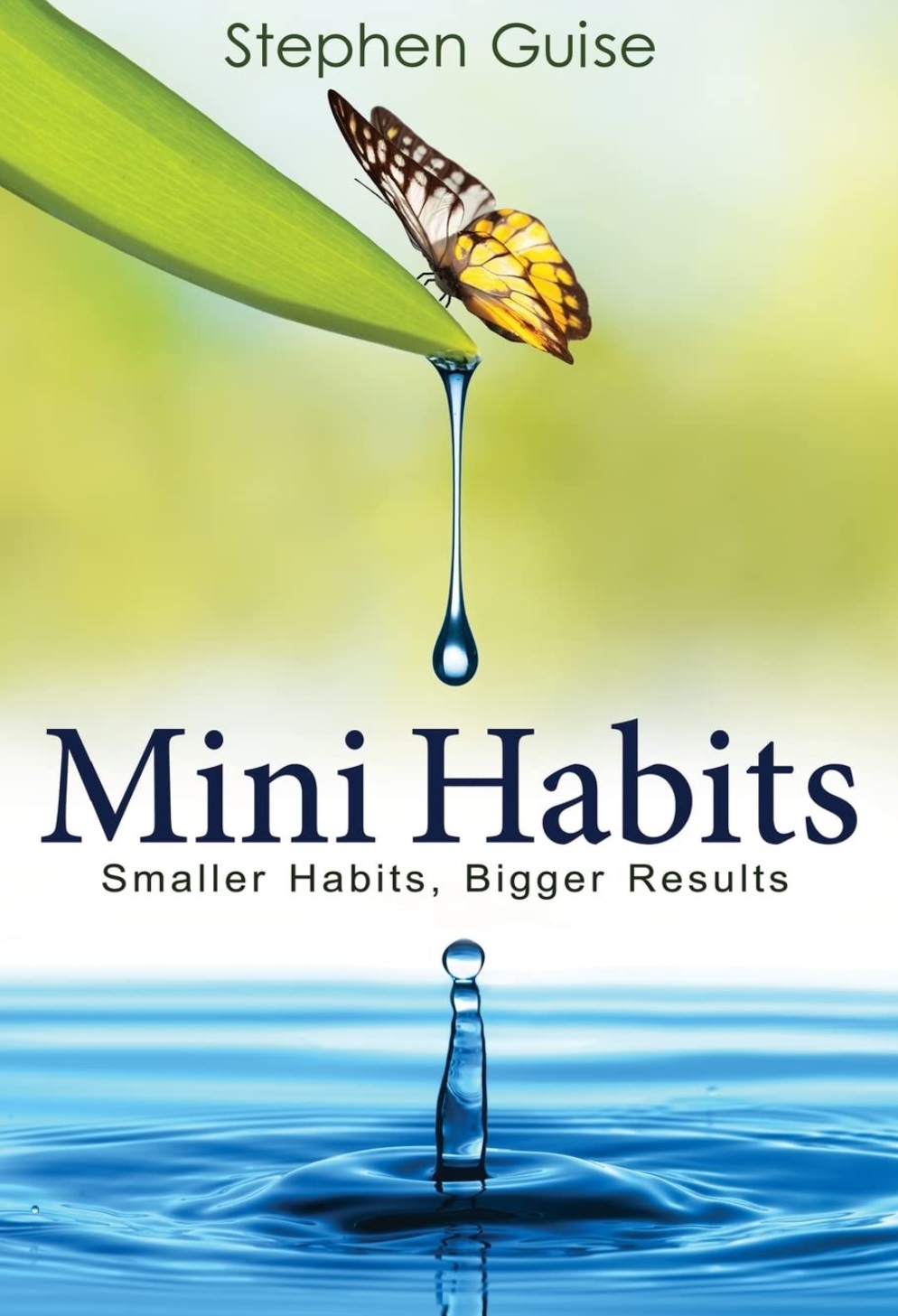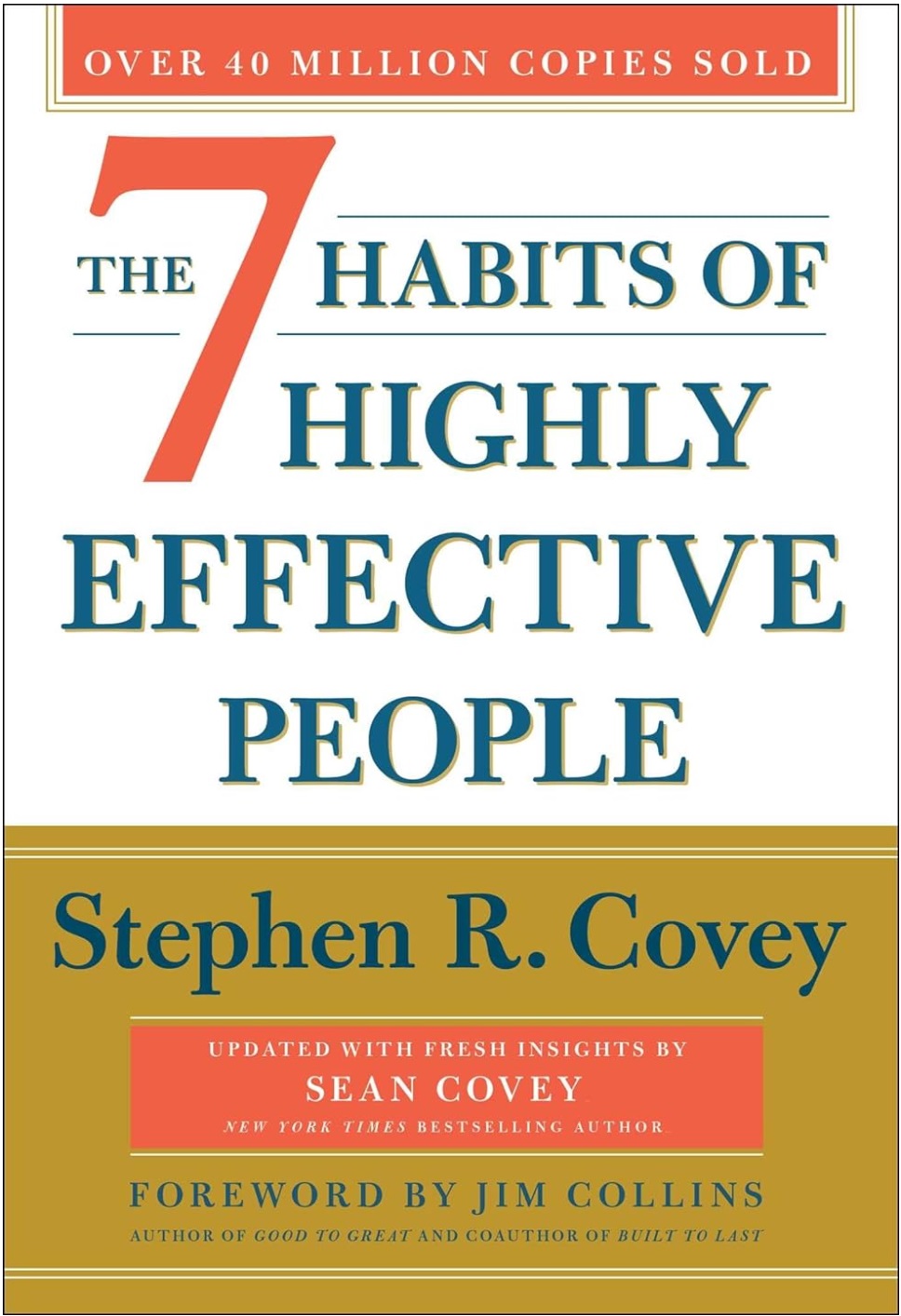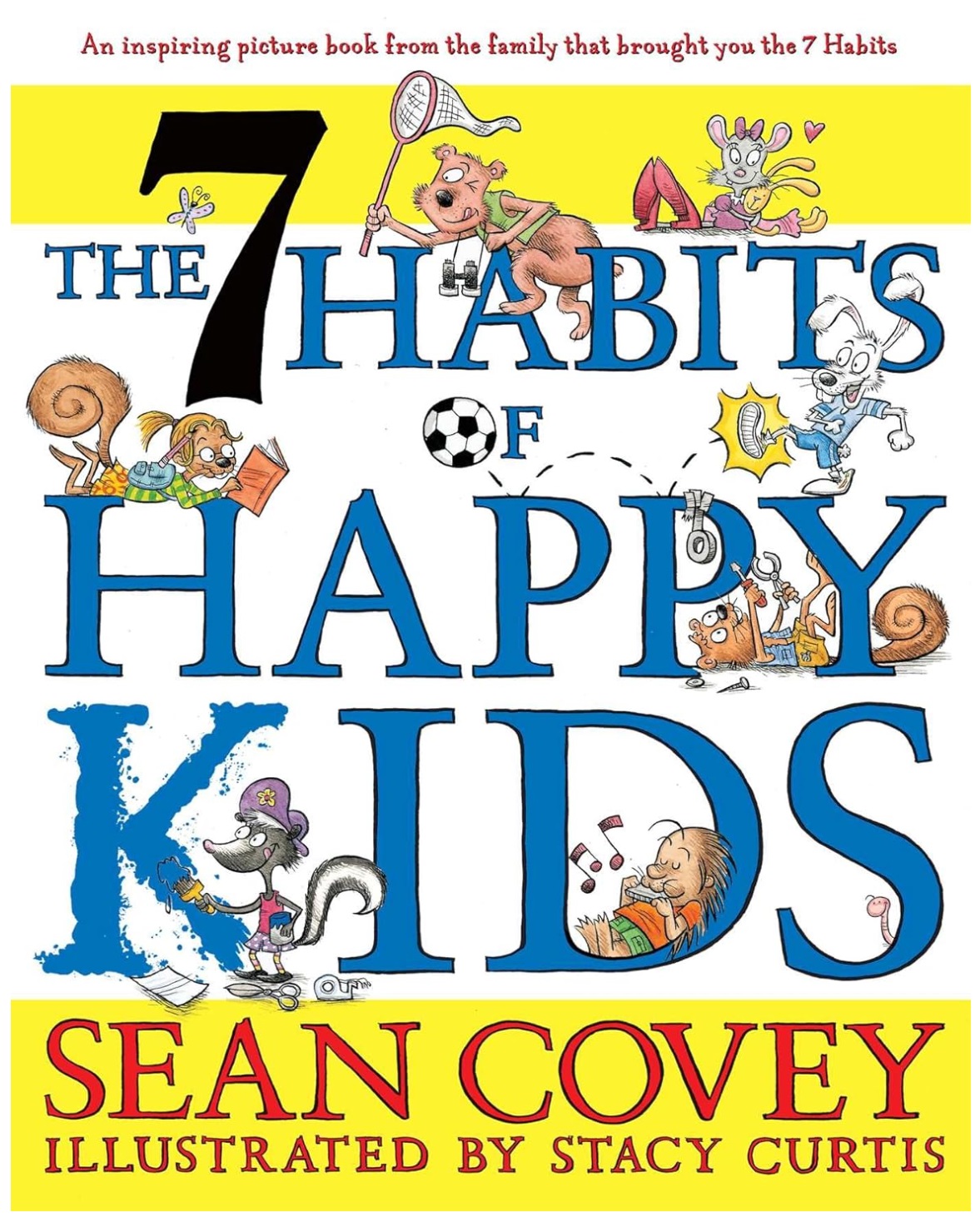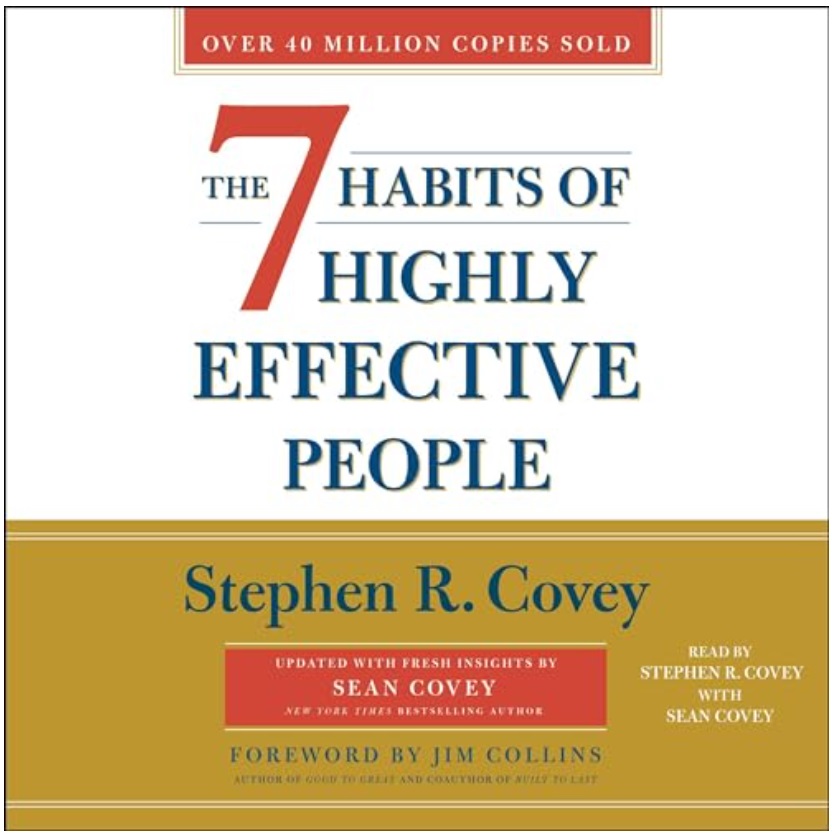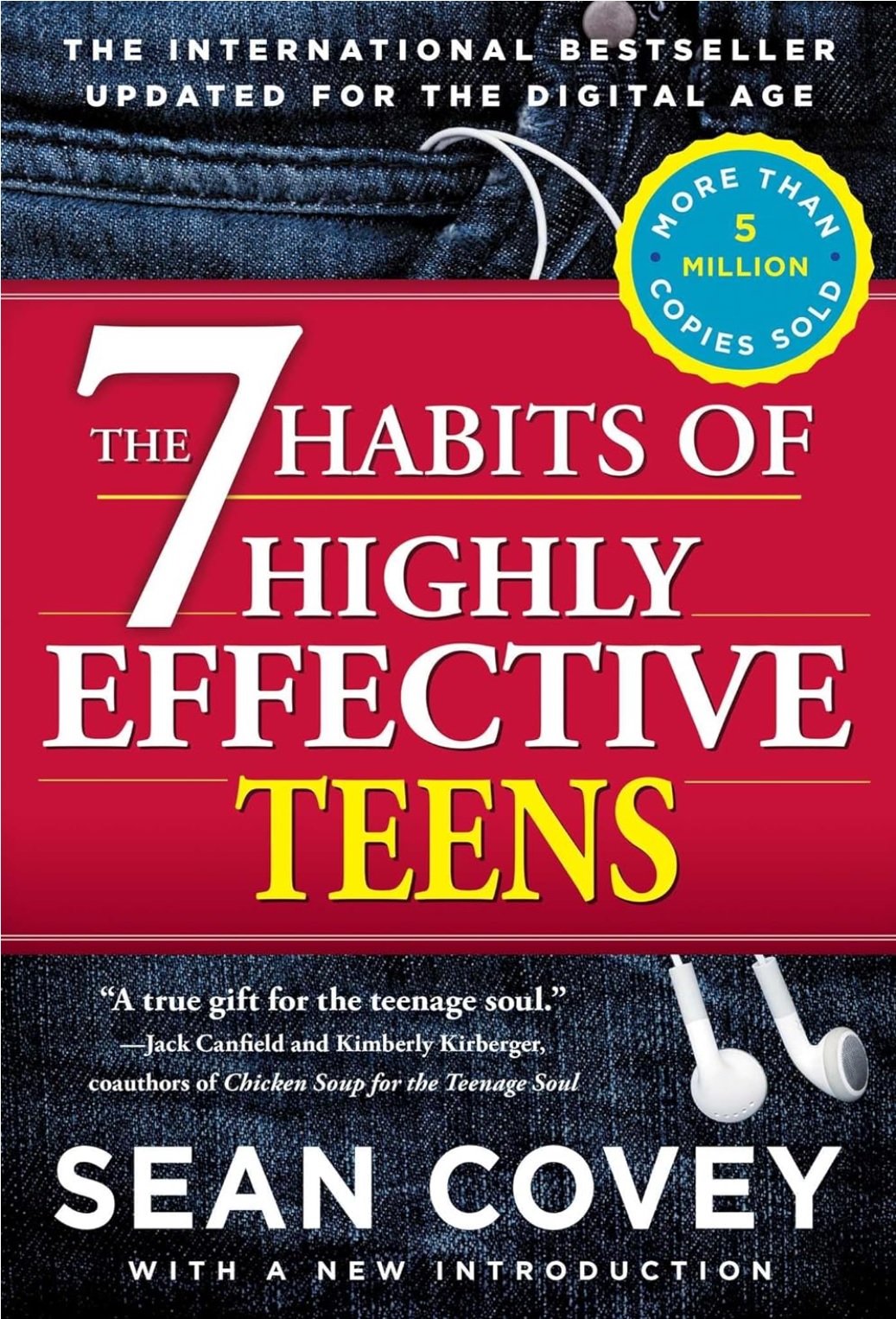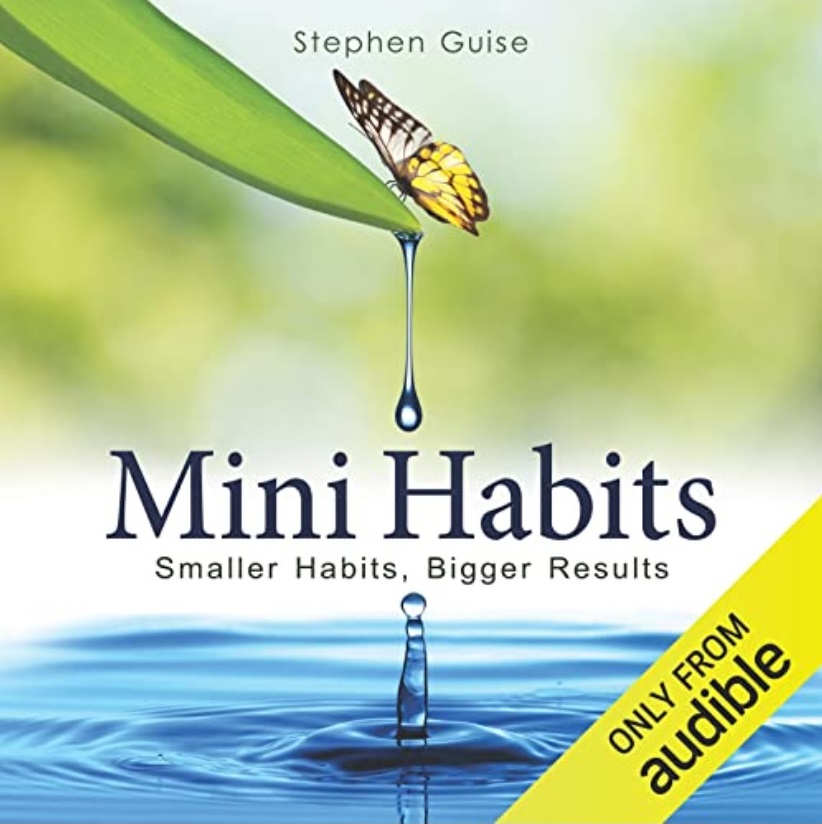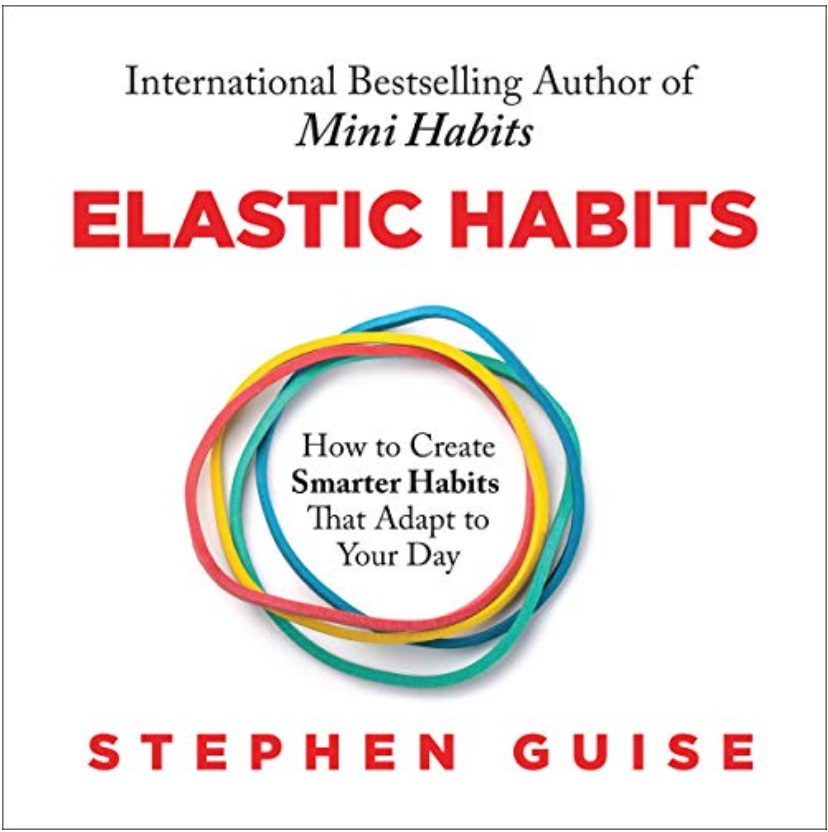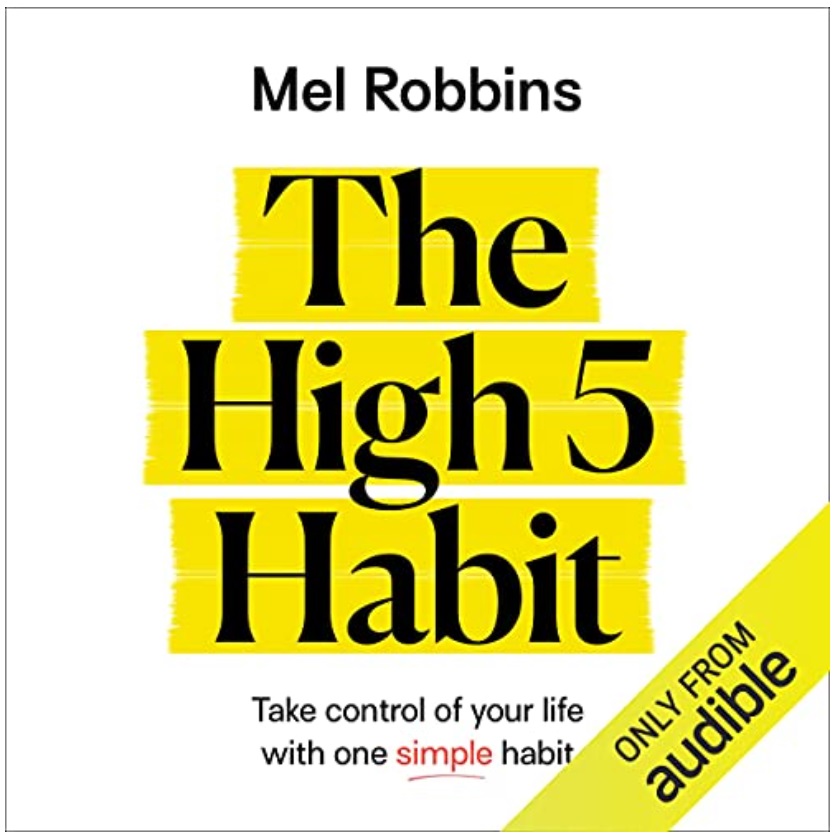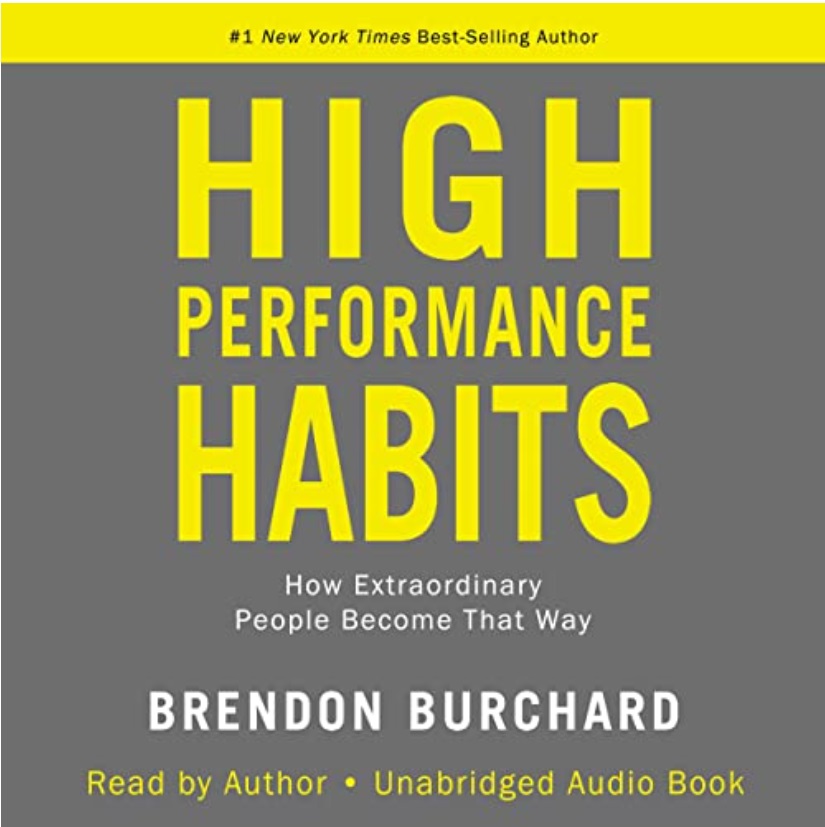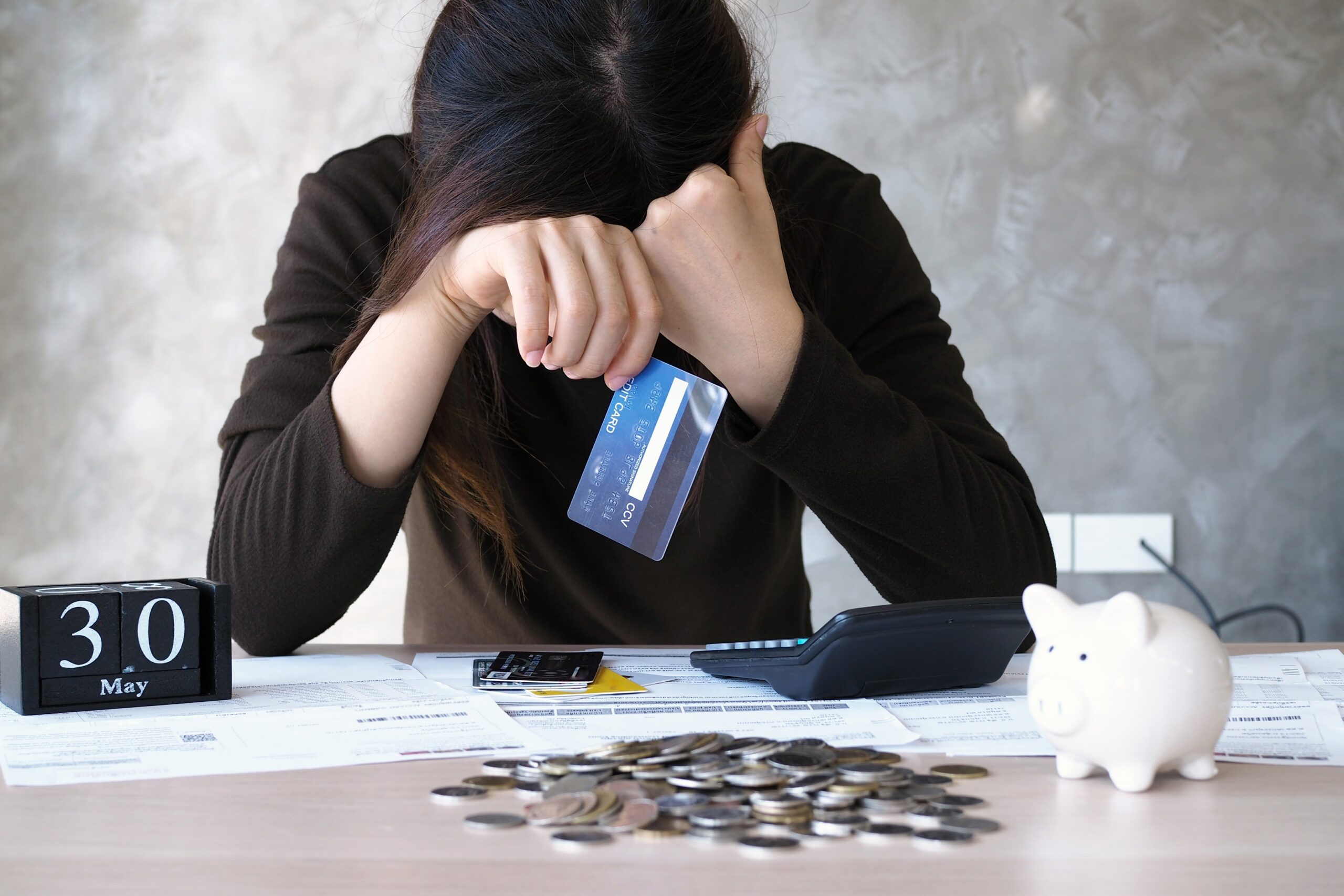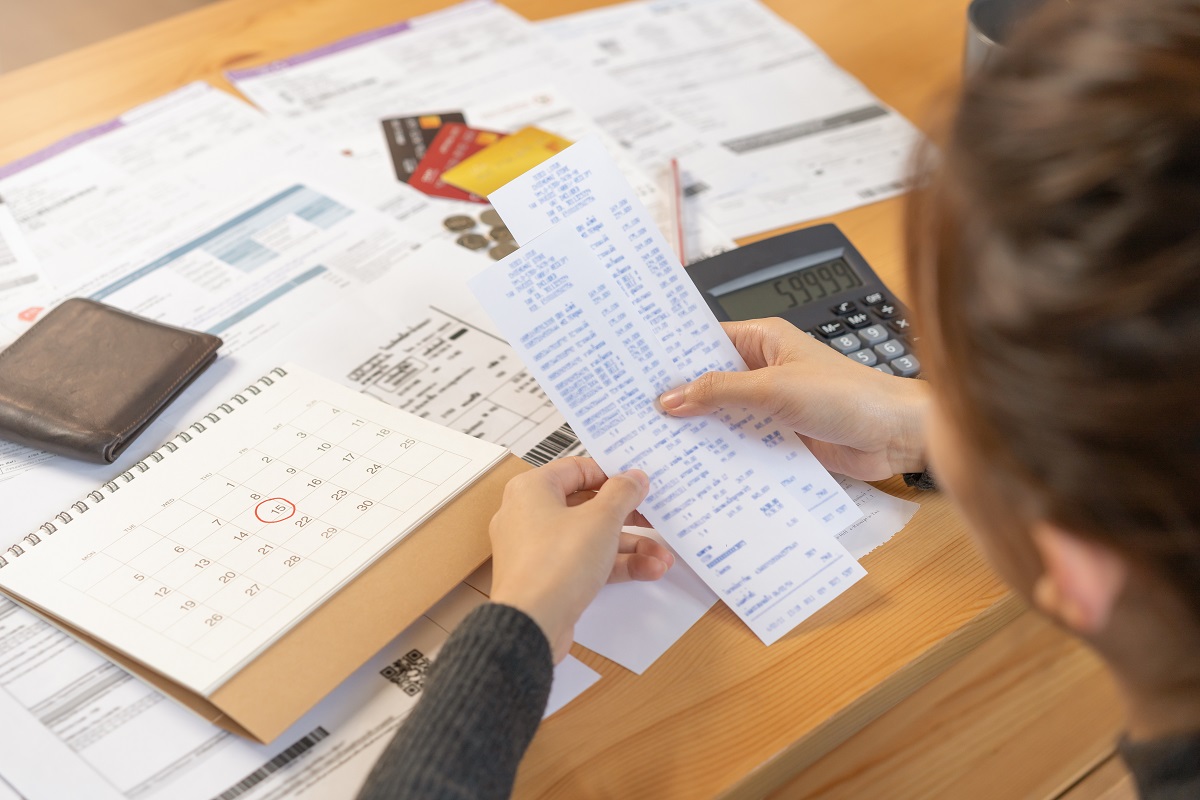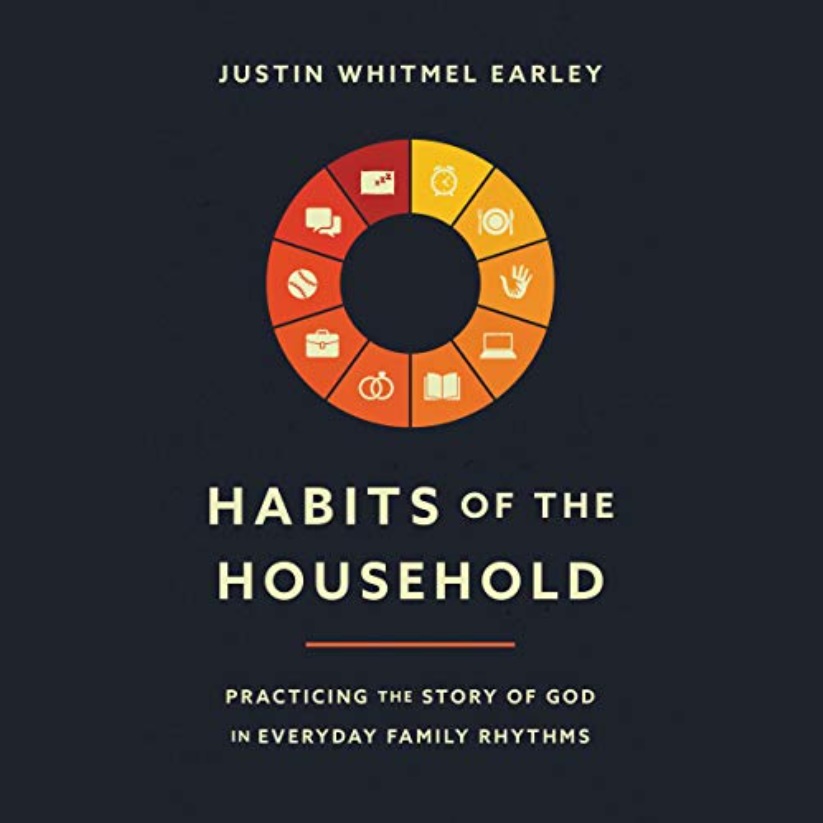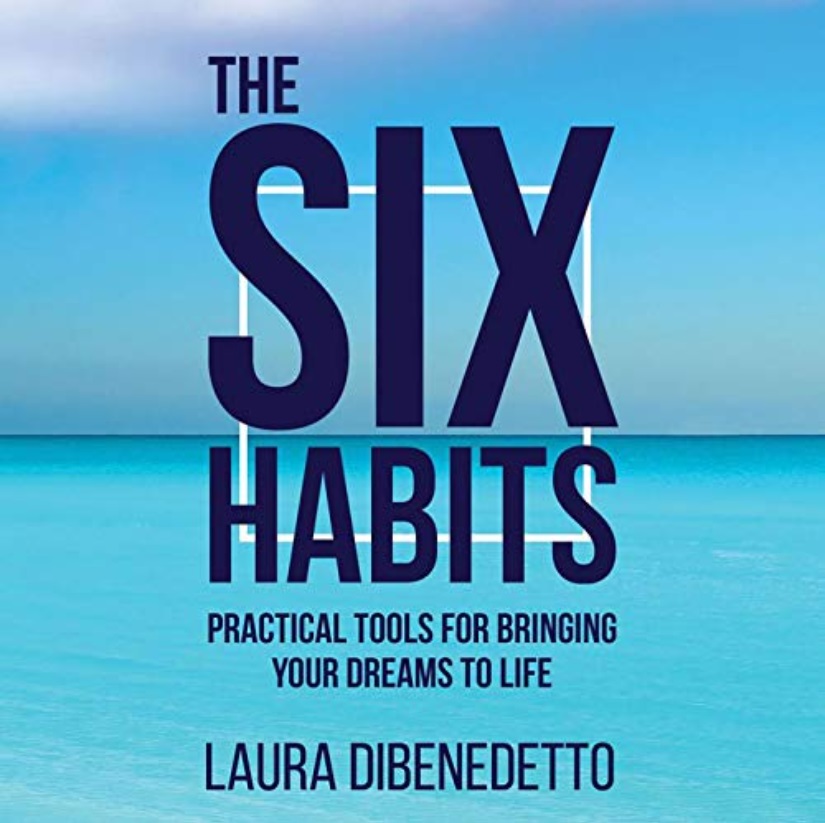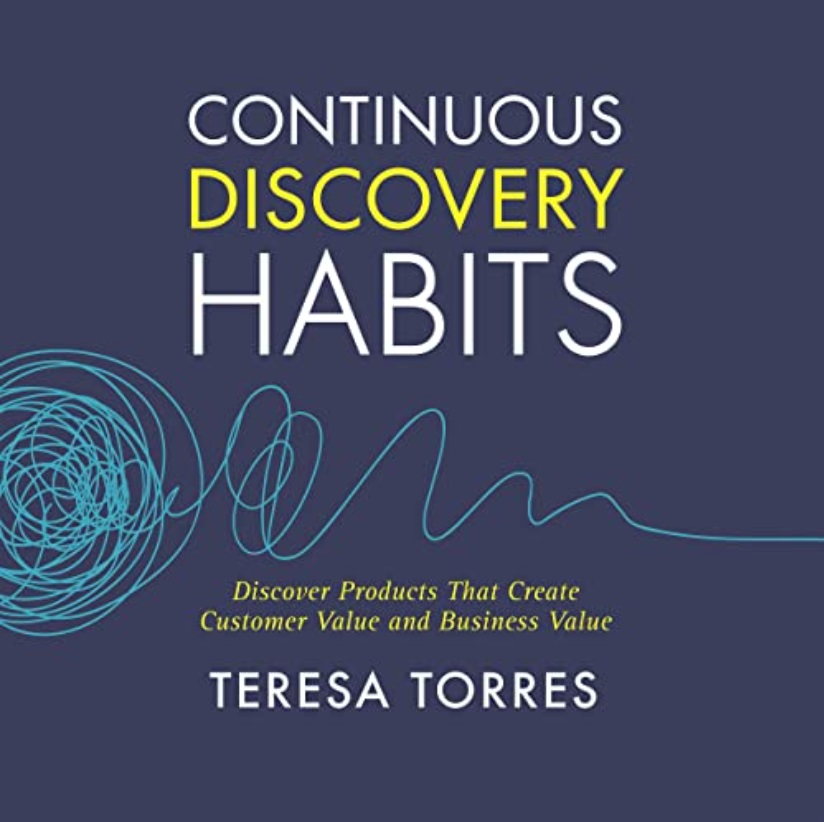- KEY POINTS
- Track your loans and create a realistic budget to prioritize payments and avoid unnecessary debt while staying on top of your finances.
- Build an emergency fund and use credit wisely to handle unexpected expenses and maintain healthy financial habits.
- Stay motivated by focusing on your financial goals and celebrating small milestones to make steady progress toward a debt-free future.
Table of Contents
ToggleIntroduction
Living with debt can feel like carrying a weight that never lifts. I’ve been there—facing monthly payments that felt impossible to manage, unsure how to make real progress. But through trial and error, I discovered that the key to paying off loans isn’t just about making payments; it’s about building habits that support a debt-free lifestyle.
In this post, I’ll share practical, actionable habits that helped me pay off debt faster while still maintaining balance in my life. These strategies are straightforward and realistic, and they don’t require a drastic lifestyle overhaul. Let’s dive into how you can start living debt-free and take control of your financial future.
Track Your Loans and Set Priorities
Know What You Owe
The first step to paying off debt is understanding exactly what you owe. I used to avoid looking at my loan balances because it felt overwhelming, but avoiding the problem only made it worse. When I finally wrote down all my debts, including balances, interest rates, and monthly payments, I felt more in control.
Having a clear picture of your loans helps you prioritize which ones to tackle first. I started with the loan that had the highest interest rate because it was costing me the most over time. This strategy, often called the “avalanche method,” helped me save money on interest and pay off debt more efficiently.
If you’re not sure where to start, take a moment to list all your debts. Categorize them by interest rate and balance to see where you can make the most impact. For more tips on managing loans, explore Habits You Should Adopt to Stop Getting into Bad Debt.
Create a Debt Payoff Plan
Once I knew what I owed, I created a detailed plan to pay off my loans. I set a goal for how much I wanted to pay each month and broke it down into smaller steps. For example, if I wanted to pay an extra $200 on my student loan, I’d look at ways to cut back on non-essential expenses like dining out or subscriptions.
Having a plan made the process feel more manageable and kept me motivated. I also tracked my progress, celebrating small milestones like paying off $1,000 or reducing my balance by 10%. These little wins kept me going, even when the journey felt long.
If you’re ready to create your own plan, start by identifying one loan to focus on and setting a realistic monthly goal. For more ideas, visit 9 Common Sense Habits for Sticking to a Family Budget.
Pay More Than the Minimum
Make Extra Payments Whenever Possible
One habit that made a big difference in paying off my loans was making extra payments whenever I could. Instead of sticking to the minimum payment, I’d put any extra income—like bonuses, tax refunds, or even small savings from cutting expenses—toward my loans. These extra payments went directly to the principal balance, which reduced the overall amount of interest I had to pay.
For example, when I received a $500 tax refund one year, I applied it to my highest-interest loan. That single payment saved me hundreds of dollars in interest over the life of the loan. Small, consistent efforts like this can add up over time and make a significant dent in your debt.
If you’re unsure how to find extra money to put toward your loans, start by reviewing your budget. Even $20 or $50 a month can make a difference. For more budget tips, explore 7 Tips to Develop Good Saving Habits.
Avoid Lifestyle Inflation
When I got a raise at work, my first instinct was to upgrade my lifestyle—buy nicer clothes, dine at fancier restaurants, and take more vacations. But I quickly realized that lifestyle inflation would keep me stuck in debt. Instead, I committed to keeping my expenses the same and using the extra income to pay off my loans faster.
Avoiding lifestyle inflation isn’t about depriving yourself; it’s about prioritizing your goals. By staying mindful of my spending, I was able to make significant progress toward becoming debt-free while still enjoying small, meaningful indulgences.
If you’re tempted to increase your spending, ask yourself if the purchase aligns with your long-term financial goals. For more insights, check out 17 Surefire Ideas to Break Bad Spending Habits.
Build an Emergency Fund
Prevent New Debt with a Safety Net
One of the most impactful habits I adopted while paying off debt was building an emergency fund. Before I had one, any unexpected expense—like car repairs or medical bills—would go straight onto a credit card, adding to my debt. Having an emergency fund gave me the security to handle these surprises without derailing my progress.
I started small, saving $10 to $20 a week, and watched my fund grow over time. Even a modest emergency fund of $500 can make a big difference. It provides a cushion for life’s uncertainties and keeps you from falling deeper into debt.
If you don’t have an emergency fund yet, start with what you can manage, no matter how small. Consistency is key. For more guidance on starting an emergency fund, visit Why Emergency Funds Matter and How to Start One.
Keep It Separate
To make sure I didn’t dip into my emergency fund for non-emergencies, I opened a separate savings account that wasn’t linked to my debit card. This small change helped me avoid the temptation of using the money for impulse purchases.
Separating your savings is a simple but powerful way to protect your progress. Out of sight, out of mind—and ready when you truly need it.
Use a Debt Snowball or Avalanche Method
The Snowball Method: Build Momentum
When I started paying off my loans, I used the debt snowball method. This strategy involves paying off the smallest balances first while making minimum payments on the rest. Every time I cleared a balance, I felt a sense of accomplishment, which motivated me to keep going.
For example, I started with a small credit card balance of $300. Once I paid it off, I applied that payment amount to my next loan. Seeing my debts disappear one by one was incredibly encouraging.
The snowball method is great if you’re looking for quick wins to stay motivated. If this sounds like a good fit, check out Habits You Should Adopt to Stop Getting into Bad Debt.
The Avalanche Method: Save on Interest
After gaining confidence with the snowball method, I switched to the avalanche method, which prioritizes paying off the highest-interest loans first. This approach saved me money in the long run because it reduced the amount of interest I had to pay.
For instance, my credit card had a 20% interest rate, while my student loan had a much lower rate. By focusing on the credit card first, I minimized the overall cost of my debt. The avalanche method requires patience, but the financial benefits are worth it.
Both methods have their advantages, so choose the one that works best for your situation. For more strategies, visit Debt-Free Living: Good Habits for Paying Off Loans.
Celebrate Small Wins
Recognize Your Progress
Paying off debt is a long journey, and it’s easy to feel discouraged along the way. To stay motivated, I made it a point to celebrate small milestones, like paying off a credit card or reducing my total balance by 10%. These celebrations didn’t have to be extravagant—a movie night at home or a favorite meal was enough to mark the occasion.
Acknowledging your progress helps you stay positive and focused on your goals. It reminds you of how far you’ve come and reinforces your commitment to becoming debt-free.
Stay Inspired
I also found inspiration by reading stories of others who had successfully paid off debt. Hearing about their challenges and triumphs reminded me that I wasn’t alone and that financial freedom was achievable. Surrounding yourself with positive influences can keep you motivated and on track.
Look for ways to celebrate your wins and find inspiration to fuel your journey. For more tips, explore 21 Tips for Developing Smart Financial Habits.
Stay Disciplined with Spending
Create a Realistic Budget
One of the biggest changes I made to stay out of debt was creating a budget that worked for my lifestyle. Early on, I made the mistake of cutting out too much, leaving no room for fun or unexpected expenses. This led to frustration and, at times, overspending. Eventually, I learned to balance my needs, wants, and savings goals.
Now, I allocate specific amounts for essentials like rent and groceries, as well as discretionary spending for things like dining out or hobbies. Having a clear plan for my money makes it easier to avoid unnecessary debt. For a step-by-step guide to creating a sustainable budget, check out 9 Common Sense Habits for Sticking to a Family Budget.
Avoid Impulse Purchases
Impulse spending used to derail my financial goals all the time. Whether it was a flash sale or a late-night online shopping spree, those small, unplanned purchases quickly added up. To combat this, I started using a 24-hour rule: if I wanted something, I waited a full day before buying it. Most of the time, the urge to purchase faded, and I realized I didn’t need the item after all.
This habit saved me countless dollars and kept me focused on my financial priorities. If you struggle with impulse spending, give the 24-hour rule a try. For more tips on breaking bad spending habits, explore 17 Surefire Ideas to Break Bad Spending Habits.
Use Credit Wisely
Limit Credit Card Use
Credit cards can be a helpful tool when used responsibly, but they can also lead to debt if you’re not careful. I used to rely on credit cards for everything, often spending more than I could afford to pay back. Now, I use my credit card only for planned purchases and pay the balance in full every month.
This approach has helped me avoid interest charges and build a healthy credit history. It also keeps my spending in check because I treat my credit card like cash. If you’re trying to manage credit responsibly, consider limiting its use to essential or budgeted expenses. For more strategies, visit Good Habits to Build Credit and Why It Matters.
Monitor Your Credit Score
Another habit I’ve developed is regularly checking my credit score. Keeping an eye on your credit score can help you catch potential issues early, like errors on your report or unauthorized accounts. It also keeps you motivated to maintain good credit habits.
I use free online tools to monitor my score and review my credit report annually. Knowing where I stand has helped me stay proactive about maintaining financial health. For more tips on building good credit, explore Building Good Credit Habits for Financial Success.
Stay Motivated for the Long Term
Focus on Your “Why”
Paying off debt is a long process, and staying motivated can be a challenge. What kept me going was focusing on my “why.” For me, it was about creating financial freedom and reducing stress for my family. I wanted to be able to save for future goals, like buying a home, without being weighed down by debt.
Whenever I felt discouraged, I reminded myself of the bigger picture. Visualizing the life I was working toward made the sacrifices feel worth it.
Surround Yourself with Positive Influences
Another way I stayed motivated was by surrounding myself with supportive people and resources. I followed blogs and podcasts that shared debt-free success stories, which reminded me that I wasn’t alone. Hearing how others overcame similar challenges gave me the encouragement to keep pushing forward.
If you’re on your own debt-free journey, find a community or resources that inspire you. For more actionable advice, visit 21 Tips for Developing Smart Financial Habits.
Conclusion
Living debt-free is about more than just numbers—it’s about creating habits that align with your values and goals. By tracking your loans, building an emergency fund, and using credit wisely, you can take control of your finances and create a brighter future.
Remember, paying off debt takes time and consistency. Celebrate your progress along the way, and don’t be afraid to adjust your plan as needed. Every step you take brings you closer to financial freedom.
Start today. Whether it’s creating a budget, making an extra payment, or building your savings, small actions can lead to big results. For more tips and strategies, explore Debt-Free Living: Good Habits for Paying Off Loans and the other posts linked throughout this guide. Your debt-free future is within reach—take the first step now.
References
Blog Post References
- 9 Common Sense Habits for Sticking to a Family Budget
- 7 Tips to Develop Good Saving Habits
- Habits You Should Adopt to Stop Getting into Bad Debt
- Good Habits to Build Credit and Why It Matters
- Building Good Credit Habits for Financial Success
- 21 Tips for Developing Smart Financial Habits
- 17 Surefire Ideas to Break Bad Spending Habits
- Why Emergency Funds Matter and How to Start One
- The Ultimate Guide to Financial Wellness



